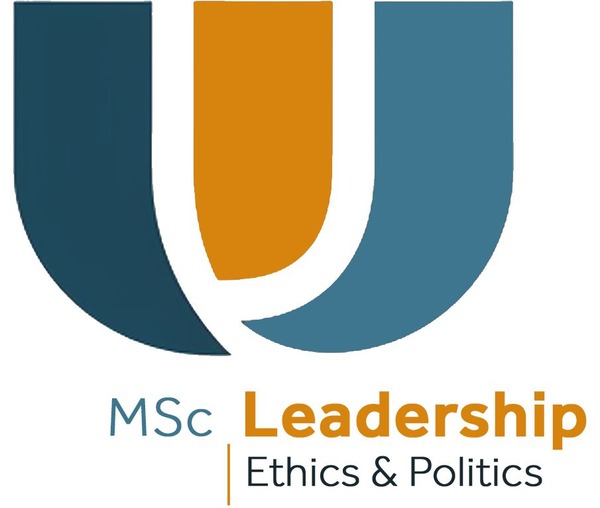Course : Universality and Cosmopolitanism vs. Locality
Course code : PHILOSOPHY1059
LEPE2 - Ευάγγελος Πρωτοπαπαδάκης
Course Description

The ethical principles and behaviors of individuals and societies are primarily shaped by the influence of religious beliefs, philosophical perspectives, cultural traditions, historical experiences, and social needs. Some of these factors have a universal or widely accepted character, as they are based on common religious tenets, such as respect for fellow human beings and the prohibition of murder, and on universally recognized values, such as fundamental human rights, while others have primarily local characteristics, as they are associated with local cultural traditions and social needs. This course explores the concepts of globality and locality both in terms of shaping ethical principles and behaviors and in terms of the possibilities or difficulties they create in fostering collaboration and peaceful coexistence among individuals and societies.
-
Course Syllabus
Course Objectives/Goals
Instructional Methods
This course employs a dynamic blend of instructional methods to ensure a comprehensive learning experience. With a focus on engagement and flexibility, the instructional approach comprises 75% face-to-face teaching, fostering direct interaction between instructors and students in a traditional classroom setting. Additionally, 25% of the course involves distant teaching, which can be delivered either synchronously or asynchronously. This remote component allows students to access course materials, participate in discussions, and engage with learning activities at their own pace, leveraging online platforms and resources. By combining face-to-face interaction with remote learning opportunities, the course aims to cater to diverse learning styles and preferences, facilitating deeper understanding and collaboration among students while accommodating individual schedules and needs.
Assessment Methods
- 20%: Participation
- 20%: Oral presentation
- 60%: Written assignment
Prerequisites/Prior Knowledge
This module has no prerequisites in the curriculum or prior knowledge requirements.
Instructors
Instructors for the course will be announced shortly.
Textbooks
To be added soon.
Bibliography
- Hugo Tristram Engelhardt (ed.), Global bioethics: the collapse of consensus, Salem, MA: M & M Scrivener Press, 2006.
- Manfred Steger, Globalization. A Very Short Introduction (5. edition), Oxford: Oxford University Press, 2020
- Peter Singer, Πρακτική Ηθική (Αθήνα-Λευκωσία: Broken Hill, 2022).
- Rachels James - Rachels Stuart (ed.), The Elements of Moral Philosophy (7. edition), New York: McGraw-Hill, 2012.
- Ricardo Rozzi u.a., (ed.), Earth Stewardship: Linking Ecology and Ethics in Theory and Practice, Cham: Springer International Publishing, 2015.
- Wanda Teays - John-Stewart Gordon - Alison Dundes Renteln (ed.), Global bioethics and human rights: contemporary issues, Lanham [u.a.]: Rowman & Littlefield, 2014.
Agenda
Announcements
ALL ANNOUNCEMENTS...- - There are no announcements -